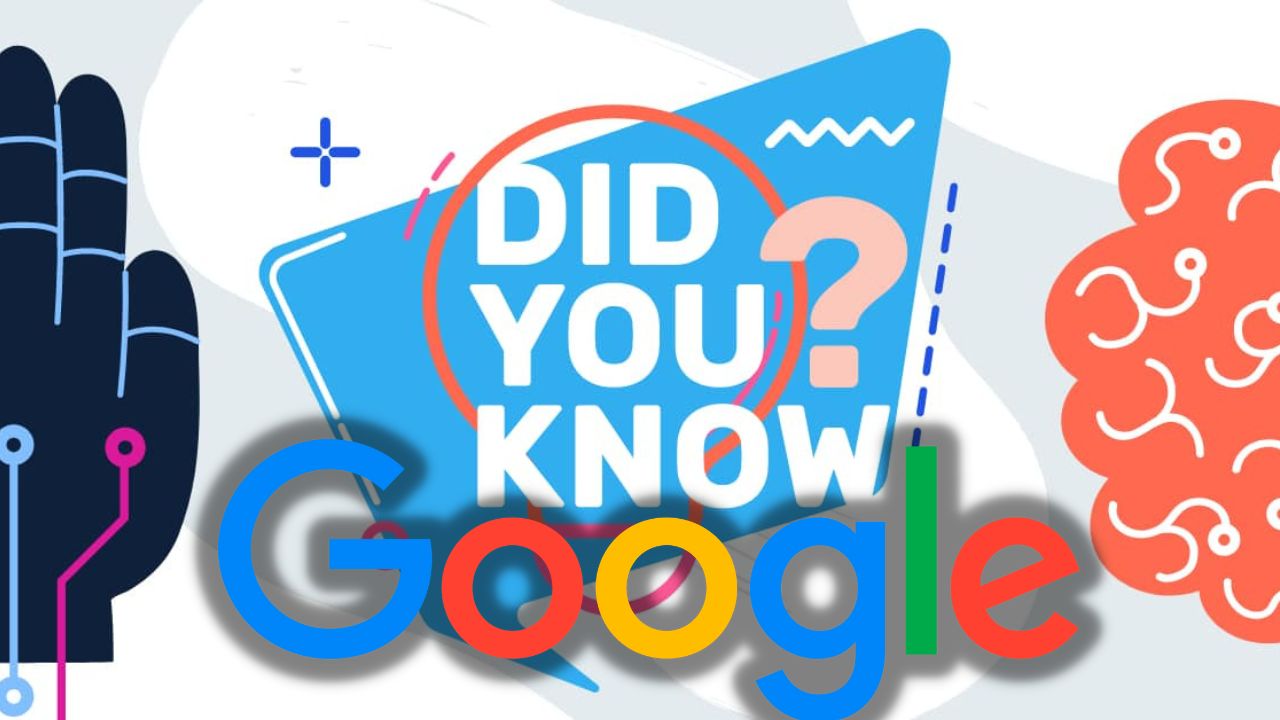
In today's digital age, it's difficult to navigate the online world without interacting with Google in some way. From search to email to maps, Google's services have become ubiquitous, and many users may assume that their privacy is protected by the company's terms of service.
However, there are still several privacy concerns that users should be aware of when using Google's services.
In this article, we'll take a closer look at these risks, including data breaches, third-party data sharing, data mining, location tracking, and lack of transparency, and explore how users can protect themselves and their data online. Whether you're a casual Google user or a power user, understanding these risks and taking steps to mitigate them is crucial for maintaining your privacy in today's digital world.
Google's terms of service are the rules that govern the use of Google's products and services, including Google Search, Google Maps, Google Drive, and Gmail, among others. These terms outline what users can and cannot do while using Google's products and services, as well as Google's rights and obligations with respect to user data, privacy, and intellectual property.
Let’s start with the key provisions of Google's terms of service:
- Prohibitions on the illegal, harmful, or offensive use of Google's products and services.
- Restrictions on the use of automated tools and bots to access or use Google's products and services.
- Guidelines for the use of user-generated content, such as comments, reviews, or uploads.
- Rules governing the use of Google's intellectual property, such as trademarks and copyrights.
- Limitations on liability and disclaimers of warranties.
What is the problem!
As a Google user, you may have come across the company's overall terms of service, but have you taken the time to read through all of its provisions?
One area that deserves your attention is the section that deals with privacy. In this post, we'll explore the ways in which Google's terms of service can impact your privacy and what you can do to protect yourself.
First, let's start with the basics.
Google's terms of service outline the company's policies for its products and services, including how it collects, uses and shares your data. By using Google's products and services, you agree to these policies, so it's important to understand what they entail. One of the most significant aspects of Google's terms of service is the collection of user data.
When you use Google's products and services, the company collects information about your activity, including your search history, location data, and the content of your emails. This information is used to personalize your experience, such as by showing you more relevant search results or suggesting content that may interest you.
However, the collection of this data can also pose a risk to your privacy. If this information falls into the wrong hands, it could be used to target you with unwanted ads or even be sold to third-party advertisers without your consent.
To address these concerns, Google's terms of service include provisions for how it protects your data and when it may share it with third parties. For example, Google may share your data with third parties if it is required by law or to protect its own interests.
Additionally, Google may share your data with third-party service providers that it uses to provide its products and services, such as cloud storage providers or email delivery services. However, Google requires these providers to adhere to strict data privacy and security standards.
Another important aspect of Google's terms of service is its policies around user-generated content.
If you use Google's products and services to create or share content, such as comments on YouTube videos or reviews on Google Maps, you should be aware that this content is publicly visible and may be used by Google or others for commercial purposes. To protect your privacy when creating or sharing content on Google's platforms, it's important to carefully review the terms of service and adjust your privacy settings as needed. For example, you can choose to make your YouTube channel private or limit who can see your Google Drive files.
Finally, it's worth noting that Google's terms of service are subject to change at any time, and users are typically notified of changes through email or through notifications in Google's products and services. It's important to review these changes carefully and adjust your privacy settings accordingly to ensure that your data is being protected as you see fit.
The main privacy concerns using Google Services that are not clearly covered in Google Terms of service
While Google's terms of service provide a framework for how the company collects and uses user data, there are still some privacy concerns that may not be explicitly addressed.
Here are a few of the main privacy concerns that Google users may face:
- Data breaches: While Google takes extensive measures to protect user data, there is always the risk of a data breach. If Google's systems are hacked, user data could be compromised, potentially exposing sensitive information like passwords, financial data, or personal identifying information. Google has faced several high-profile data breaches in the past, underscoring the importance of taking steps to protect your own data, such as using strong passwords and enabling two-factor authentication.
- Third-party data sharing: While Google may share user data with third-party providers in certain circumstances, there is always the risk that this data could be further shared or sold to other parties without the user's consent. This is particularly concerning in light of recent controversies surrounding data breaches and the use of user data in political campaigns.
- Data mining: Google's business model relies heavily on data mining, which involves analyzing user data to generate insights and target ads. While this may be a valuable service for advertisers, it can also be invasive for users, who may feel uncomfortable with their data being used in this way. Additionally, data mining can raise concerns about bias, as algorithms may make assumptions about users based on their data, potentially perpetuating stereotypes or discriminatory practices.
- Location tracking: Many of Google's services, such as Google Maps and Google Assistant, rely on location data to provide personalized experiences. However, this also means that Google is tracking your location and storing this information. While this may be a valuable feature for some users, it can also be concerning for those who want to maintain their privacy.
- Lack of transparency: Finally, one of the main concerns with Google's terms of service is that they may not be transparent enough. For example, it can be difficult to understand exactly what data Google is collecting, how it's being used, and who it's being shared with. Additionally, Google's terms of service are subject to change at any time, and users may not always be notified of these changes, leaving them in the dark about how their data is being used.
5 Essential Steps for Addressing Privacy Concerns as a Google User
As a Google user, protecting your privacy is essential to ensure that your personal information is kept safe and secure. Fortunately, there are several steps you can take to address privacy concerns and protect your data online.
Now I'll outline five essential steps that every Google user should take to safeguard their privacy and personal information. From reviewing and adjusting privacy settings to using two-factor authentication and keeping software up to date, these steps can help you stay safe and secure while using Google's services.
By following these steps, you can help protect your privacy and personal information while using Google's services:
- Review and adjust your privacy settings: Google provides a variety of settings that allow users to control how their data is collected, used, and shared. You can access these settings by visiting your Google Account page and clicking on "Privacy & Personalization." From there, you can review and adjust settings related to things like ad personalization, data sharing, and location tracking.
- Use two-factor authentication: Two-factor authentication adds an extra layer of security to your account by requiring a second form of authentication, such as a code sent to your phone or a biometric scan. This can help prevent unauthorized access to your account and protect your personal information.
- Be mindful of the information you share online: Avoid sharing sensitive information online, such as your social security number or financial information. Be cautious when filling out online forms or surveys, and always read the terms and conditions before sharing your data with third-party apps or services.
- Use a virtual private network (VPN - try this one for 30 days for free): A VPN encrypts your internet traffic and hides your IP address, which can help protect your privacy and prevent third parties from tracking your online activities.
- Keep your software up to date: Make sure to keep your operating system, web browser, and other software up to date with the latest security patches and updates. This can help prevent vulnerabilities that could be exploited by hackers or other malicious actors.
Conclusion
While Google's terms of service provide some level of protection for user privacy, there are still several risks that users should be aware of when using the company's services.
From data breaches to data mining, location tracking, and lack of transparency, there are several ways in which user data could be compromised or used in ways that violate their privacy. By taking steps such as reviewing and adjusting privacy settings, using two-factor authentication, being mindful of the information they share online, using a VPN, and keeping their software up to date, users can mitigate these risks and protect their personal information.
As Google continues to play an increasingly central role in our digital lives, understanding these risks and taking steps to protect our privacy have never been more important. By staying informed and taking action to protect ourselves, we can enjoy the benefits of Google's services without sacrificing our privacy and personal security.
Good luck







